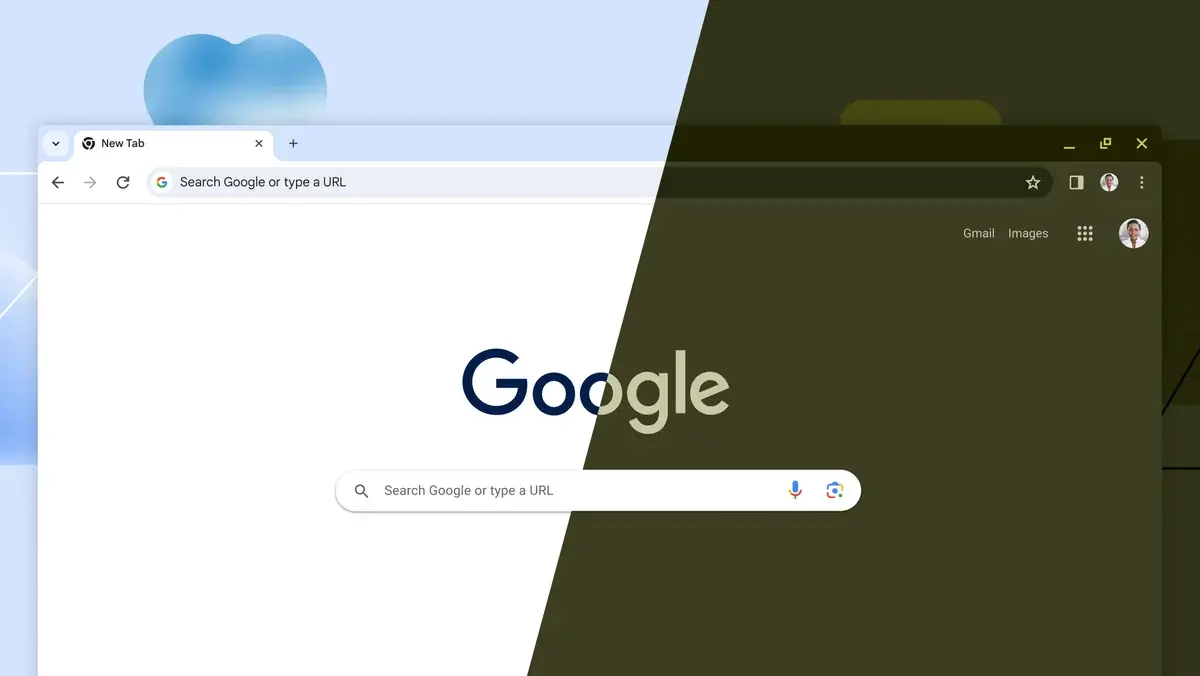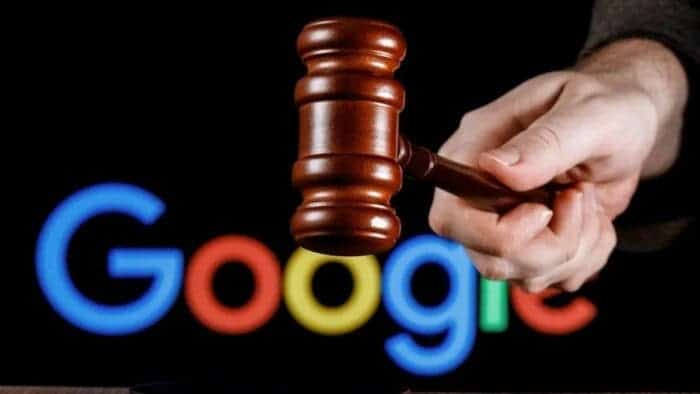Google has agreed to pay $155 million to settle claims by California and private plaintiffs. The case claims that the search engine of the company illegally collected and used user location data. The settlement requires Google to pay $93 million. It also wants the company to disclose more details about how it tracks people’s location and uses data it collects.

The plaintiffs claim that Google Search misled users about the way it tracks location or uses user data. The company did not get the consent of the users before using their data. This is why it is settling to pay the fine. This article will discuss the details of the settlement and the implications for Google and its users.
Background
Google has been accused of illegally collecting and using user location data for several years. In 2018, the Associated Press reported that Google continued to track users’ locations even after they had turned off location history. In 2020, Arizona sued Google for allegedly misleading users about location tracking. Google agreed to pay a record $391.5 million fine last year to settle with 40 U.S. states over allegations that it deceived users about location tracking. In December 2022, Google was ordered to pay $9.5 million for using “dark patterns” and deceptive location tracking practices that invade users’ privacy.
In this case, Google has been accused of serving customized ads to users when they have turned off their “location history” settings. California Attorney General Rob Bonta said:
“Google mentions in settings that once users choose to turn off Location History, their location will no longer be tracked. But Google continues to track users’ activities to obtain their own business interests.”
The Settlement
The $155 million settlement was announced on September 15, 2023. It resolves claims by California and private plaintiffs that Google violated the state’s privacy laws by collecting and using user location data without consent. The settlement requires Google to pay $93 million and disclose more information about how it tracks people’s whereabouts and uses data it collects.
Also, the company will pay a $62 million settlement between Google and the plaintiffs, after deducting legal fees. This fund will be donated to a court-approved non-profit organization that tracks Internet privacy issues. This takes the total settlement fee to $155 million. The company must also obtain users’ consent before collecting location data and allow users to opt out of location tracking.

Implications
The settlement is huge because it requires Google to pay a large amount of money and disclose more data about its location-tracking practices. It also sets a precedent for other states and regions to take action against Google and other brands that collect and use user data without consent. The settlement may also lead to changes in Google’s business practices and user privacy policies.
For Google users, the settlement means that they will have more control over their location data and how it is used. Users will be able to opt out of location tracking. They will also have more information about how the company collects and uses their data. However, users should still be cautious about sharing their location data with any company, as it can be used for targeted advertising and other purposes.
Final Words
Google’s $155 million settlement over location tracking is a huge development in the ongoing debate over user privacy/data collection. The settlement requires Google to pay a substantial amount of money and disclose more information about its location-tracking practices. It also sets a precedent for other states and countries to take action against companies that collect user data. This is especially true for those who collect user data without consent. For users, the settlement means they will have more control over their location data. Users will also have more control over how their data are used by the company. However, users should still be cautious about sharing their location data with any company.





